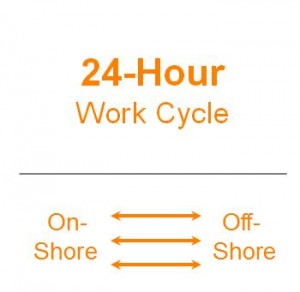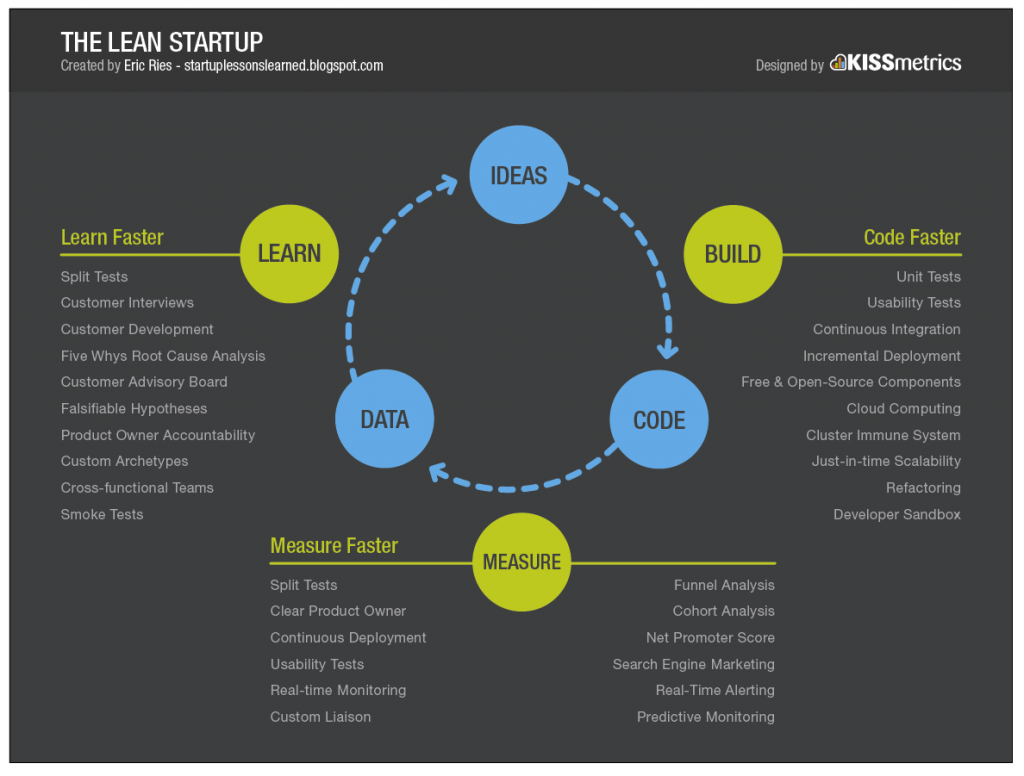Most early stage startups waste endless amounts of time. They spend time looking for developers, off-shore partners and finally CTOs to fix engineering flaws that off-shore developers created. Co-shoring is a new model where product development is split between off-shore and on-shore engineering partners. Software development is then paired between developers who are remote and those who are locally based with the business team.

It’s often a difficult process to turn a business idea into a viable product. First, entrepreneurs search services such ODesk/Elancer to find developers, designers, and others to build their MVP/product. If they have a sizable initial investment in their idea, they may be able to find local Dev-Shops. Finally, they need to find a local CTO or tech-savy friend who has both the time and the desire to work full-time for equity and reduced income.
But there are problems with this process. Offshore firms don’t always have an incentive for your startup to succeed. They are looking for their next contract payment and the quality of their code may be questionable. Your IP is literally handed offshore, where a different country’s laws make it challenging to control risk to your business. And CTOs often have their own technical interests or work that is competing for your own business’s time, making those all-equity/full-time commitments questionable.
That’s why ab Dev Labs focuses on co-shoring as a service to local startups. By enabling a local developer to help manage the development process, that person understands what goes into your code base. They can also grow with your company over the long term. You might only need a small project now, but later, you may be faced with large technical problems. Also your development team can now work 24 hours day in some respects, so the development process marches forward even after you go to sleep.
Traditionally, large corporations such as Microsoft, Google, and other software companies maintain offshore development teams that partner with their teams split between various development centers. They have long recognized that you can’t build everything in one place. Software lends itself to collaboration. By sharing ideas between people based around the world, better software gets built faster and cheaper.
Posted in co-shoring, Cofounding, Startups
on September 2, 2013





